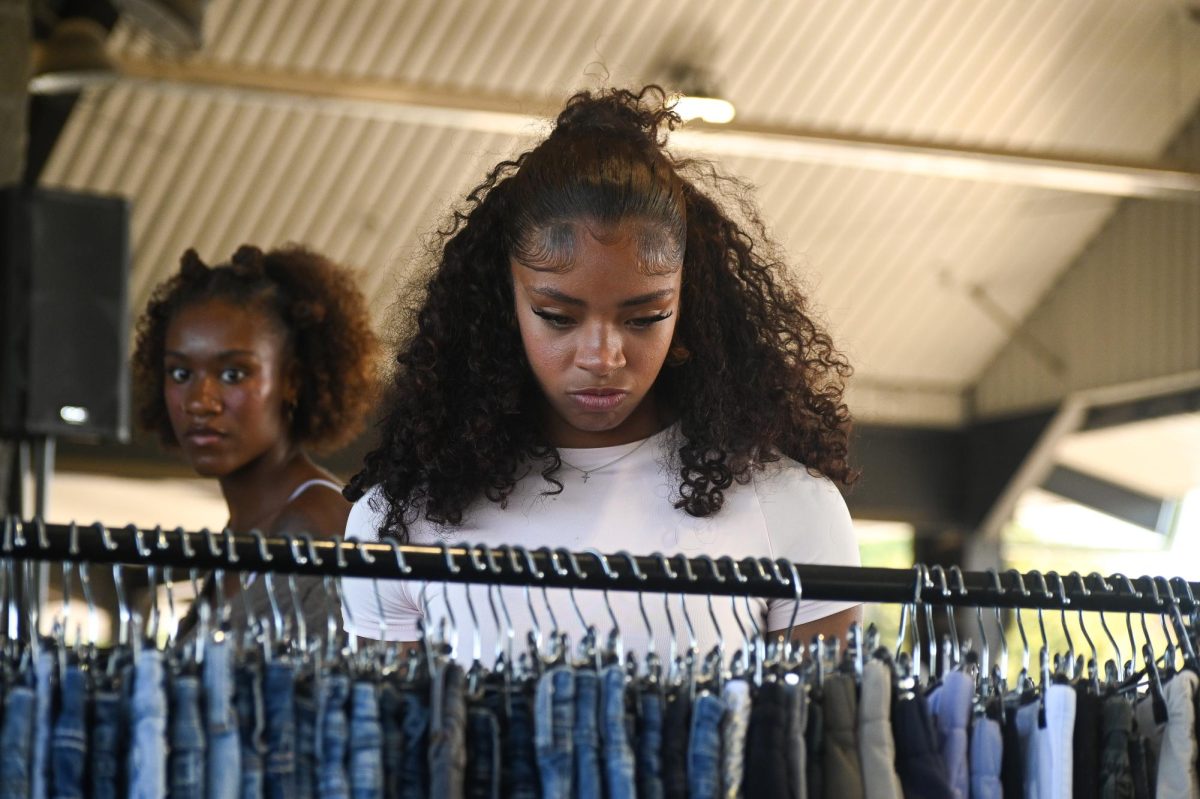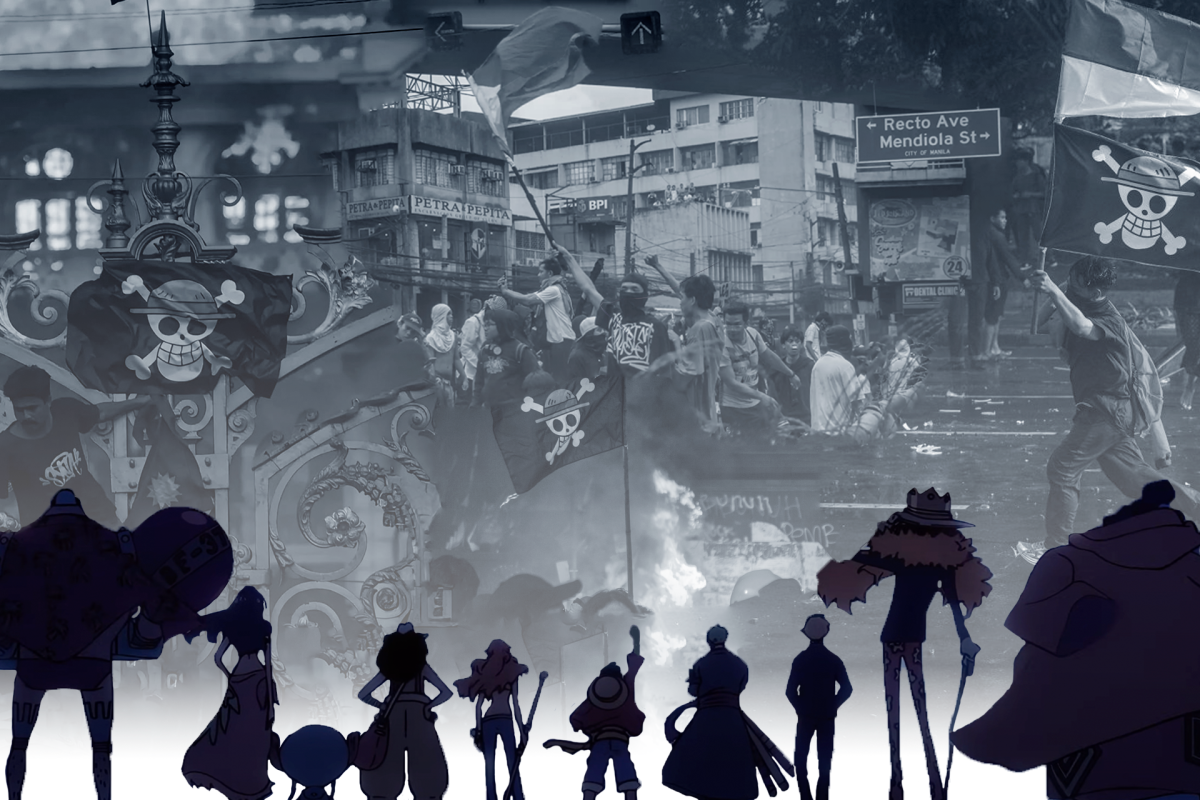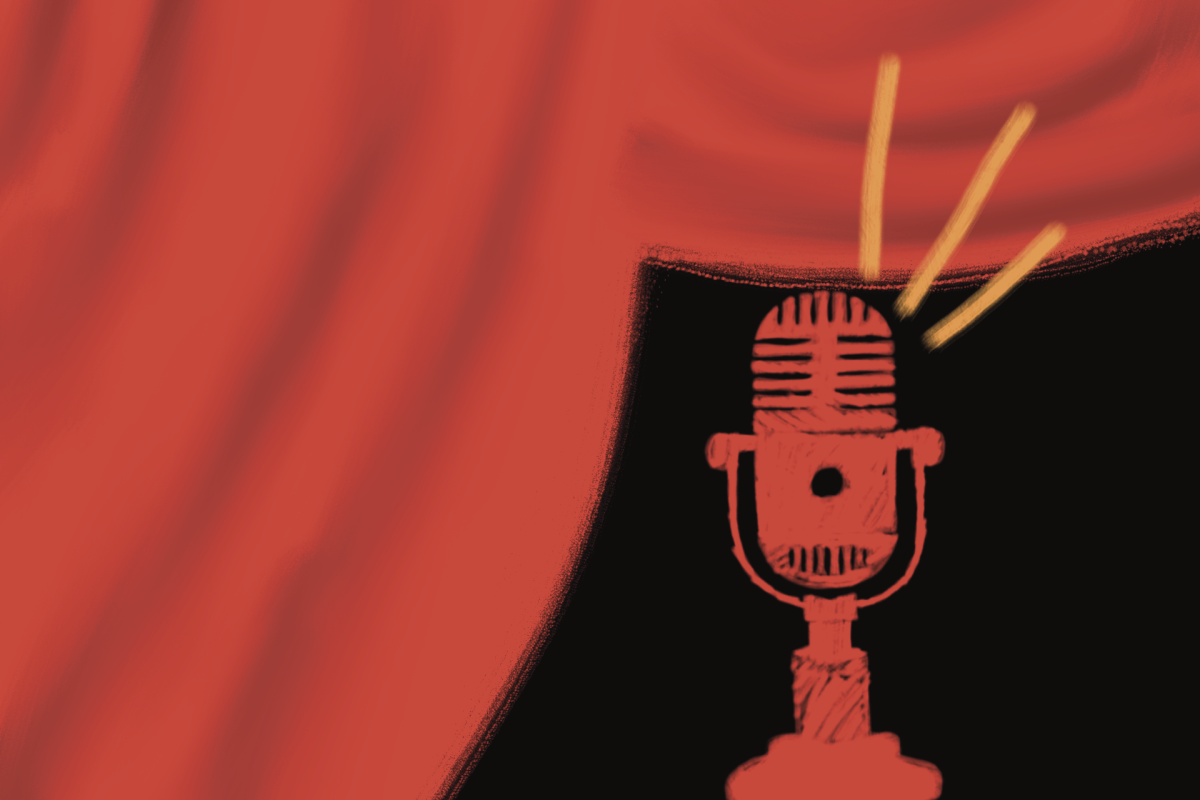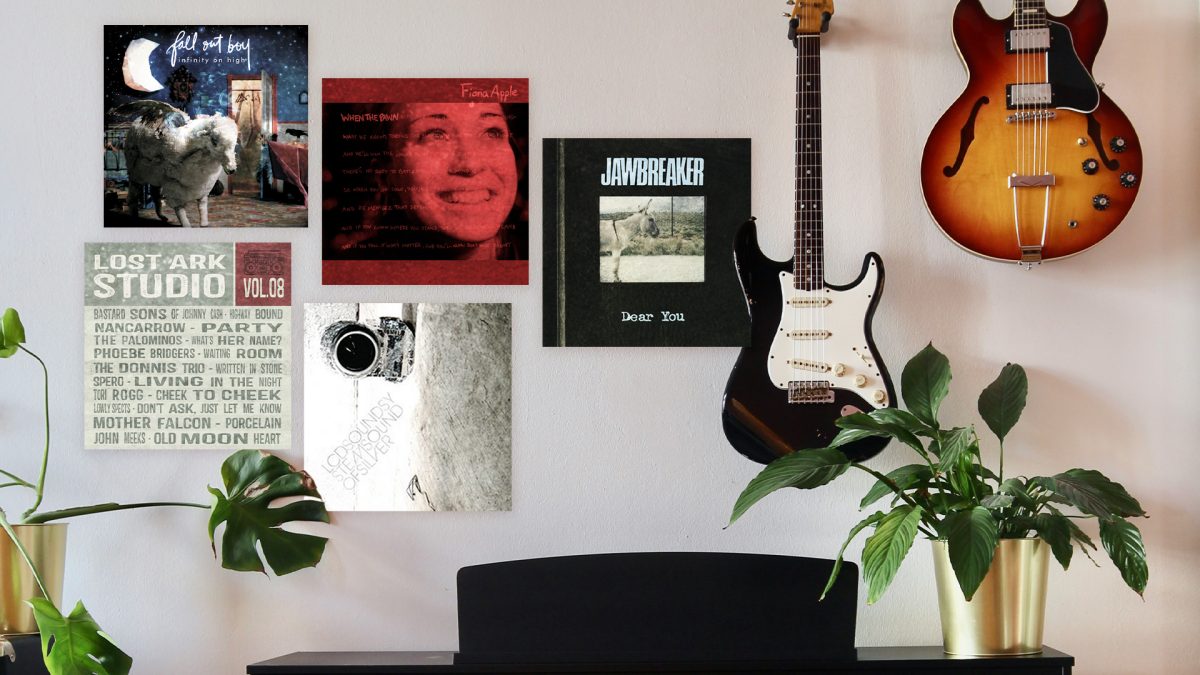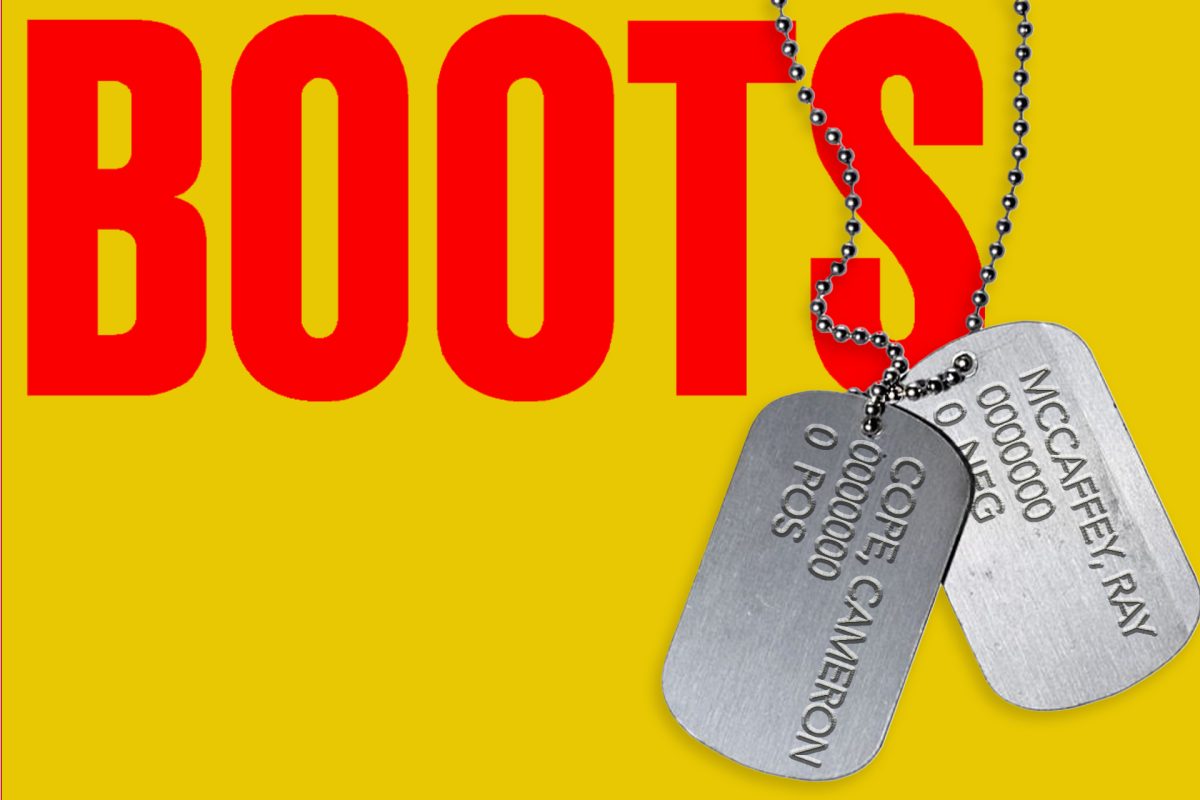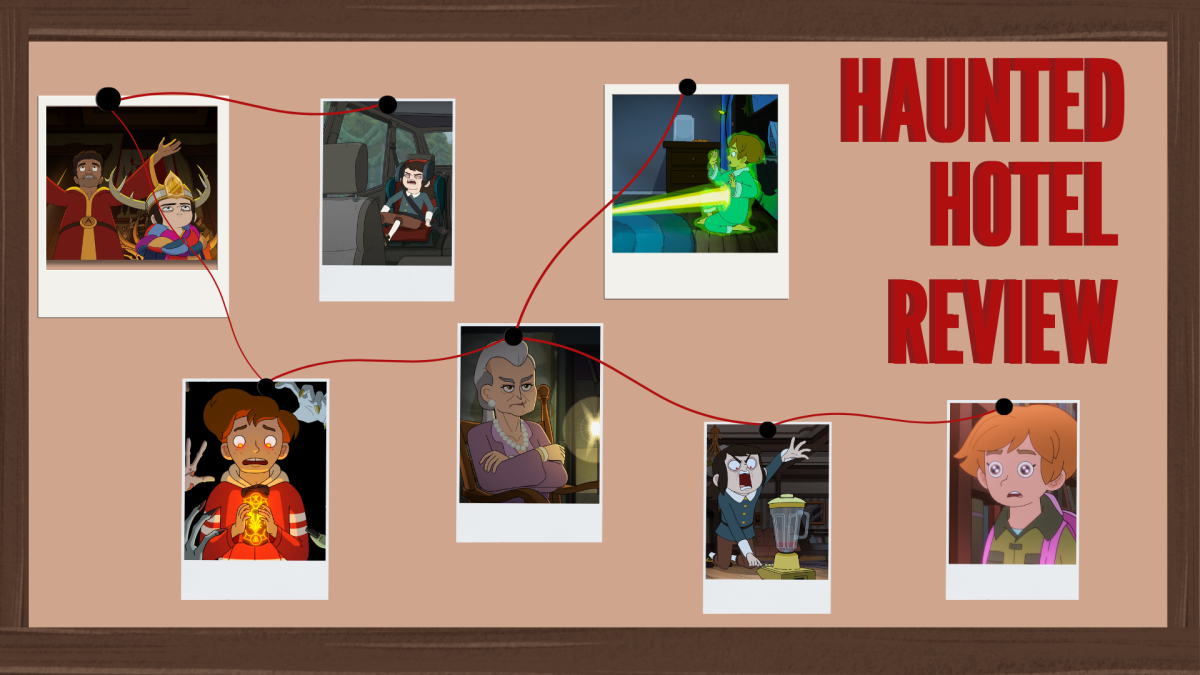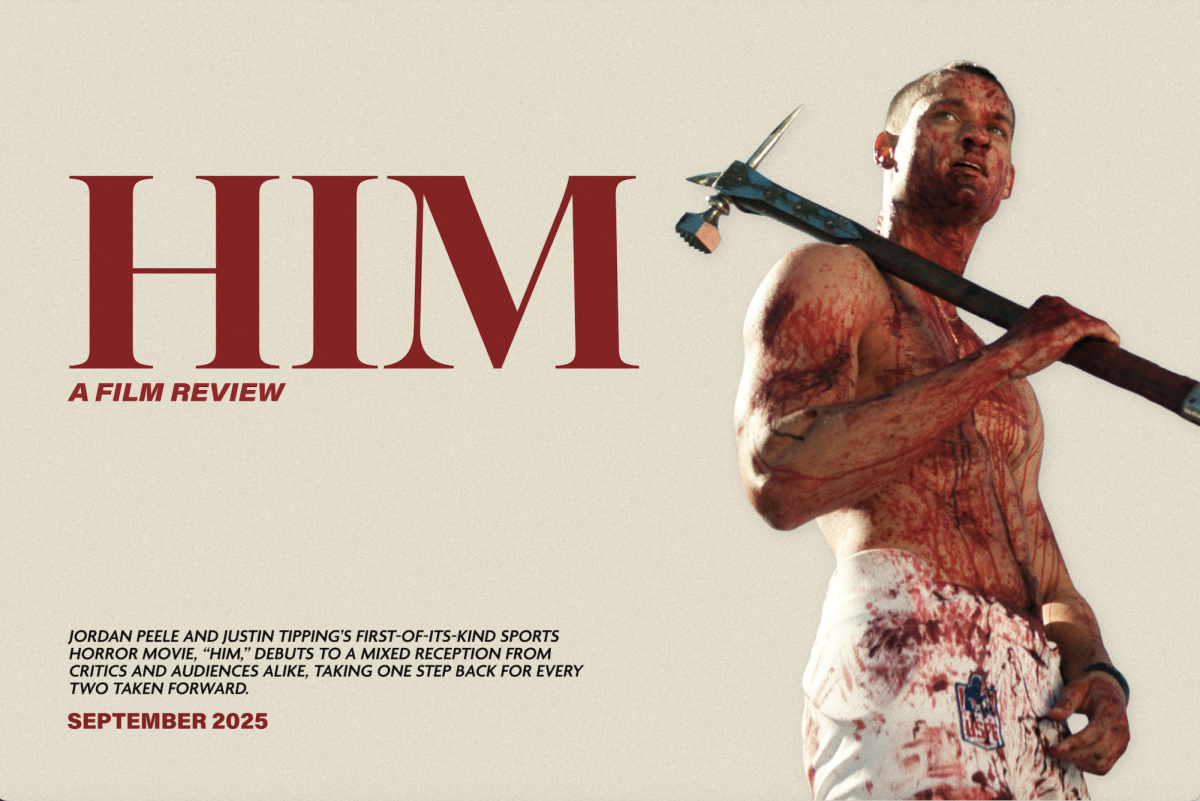On Sept. 26, Doja Cat released her fifth album “Vie” in which she takes another left turn — this time into ‘80s synth funk and the Minneapolis sound. This style was popularized by Prince and incorporates heavy basslines and synth-pop styled synths, with a mix of rock music as well. “Vie” translated from French to English means “life,” which is showcased effectively in this album; Doja Cat is telling the listener how her new life of fame changes the way she views relationships.
This album is a wild switch in Doja Cat’s sound, growing from an already unexpected change in her last album “Scarlet,” which was more of a traditional hip hop album. “Vie” is a lot more pop sounding, taking ‘80s inspired production mixed with her pop sounds from “Planet Her” and “Hot Pink,” making something new with them.
“I’m doing what I was perfecting at the beginning. I’m doing what I know I know how to do,” Doja Cat said in an interview with the New York Times.
This sound is shown on many songs on “Vie.” There’s a certain polish to the beats and melodies throughout the album. The lead single “Jealous Type” is one of the best songs on the album, with tingling keys and elastic horns that would sound great on the dance floor.
The intro “Cards,” and other songs like “All Mine,” “Take Me Dancing” featuring SZA, “Happy” and “AAAHH MEN!” have these ‘80s retro-sounding synths and saxophone melodies. These songs give this album a nocturnal vibe, but they would also sound perfect at a party, whether the DJ is taking it slow or raising the house.
However, there are some other songs that use a more modern sound, turning to a trap-oriented production. This change in instrumentals gives less life to an otherwise lively album. Songs like “Gorgeous,” “Acts Of Service” and “Make It Up” are passable tracks, but don’t have as much personality as the others.
Doja Cat makes up for this by adding a lot of personality and quirky vocal performances throughout. One moment in “AAAHH MEN!” that stands out is her use of fluctuating, manic vocals along with her aggressive rapping. These elements, combined with the subject matter, make the artist sound like she’s going crazy because of the men in her life. Doja Cat’s soft vocals on “Couples Therapy” are also a highlight. Although it’s slower and more minimalistic in its production, it’s also very romantic despite the relationship turmoil developing throughout the lyrics.
The lyrics on “Vie” are mainly about love, and specifically about how love interacts with fame. This is shown throughout the album on songs like “Take Me Dancing,” “Lipstain” and “Happy.”
“Take Me Dancing” is a perfect example of this. Lyrics like “It gets lonely out here in this big old mansion/ In these hills cooped up, boy, can you take me dancing?” shows not only how famous Doja Cat is, but also how she wants to get away from the stress and loneliness of her situation.
Another display of this is “Happy,” where Doja Cat laments about a lover who cheats on her despite how much she provides.
“TLC, I saw, I creeped/ She’s in our bed, I bought the sheets,” contrast her more boastful lyrics in other songs, showing there are more layers to how she feels about this point in her career.
One aspect that also shows up throughout “Vie” is Doja Cat’s singing and rapping in French. This is a neat addition but feels like an afterthought that doesn’t contribute much to the album.
Despite that though, the great retro production and the tasteful introspection make “Vie” feel less like a typical pop album and more like a focused heel turn to freshen up Doja Cat’s sound.
Edited by Ainsley Bryson | [email protected]
Copy edited by Emma Harper | [email protected]
Edited by Alex Gribb | [email protected]





